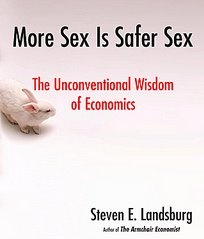On Monday, I wrote about the man who can’t be taxed. There were many comments, some confused, some insightful, and (at least) one brilliant. Let me highlight that brilliant comment, then beat the point to death a little, and then draw a large moral.
Our commenter Ken B invited us to imagine a dead man, with, say $84,000,000 in his bank account (and a will that requires this bank account to be maintained forever). And let’s suppose the government confiscates, say 82 of those 84 millions, thereby allowing it to reduce other people’s current or future taxes —making those people richer. They buy more stuff. They eat more, they burn more gas, they occupy more space. Where did that stuff come from?
(Alternatively, instead of lowering someone else’s taxes, the government takes the opportunity to spend more, in which case the government claims more stuff. We still have to ask where it comes from.)
It certainly did not come from the dead man, who was eating nothing, burning no gas, and occupying no more space than he continues to occupy. Instead, somebody else must decide to consume less.
But initially nobody wants to consume less. So people, collectively, are trying to consume more stuff than is available. This excess demand for stuff pushes up prices and/or interest rates until people are willing to cut their consumption.
There is no meaningful sense in which the dead man paid the tax. Instead, the tax burden is borne by those people who were hurt by rising prices and/or interest rates.
Continue reading ‘You Can’t Tax a Dead Man’






 Robin Hanson
Robin Hanson 


